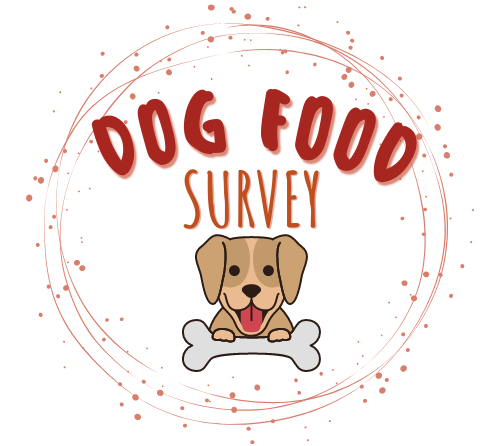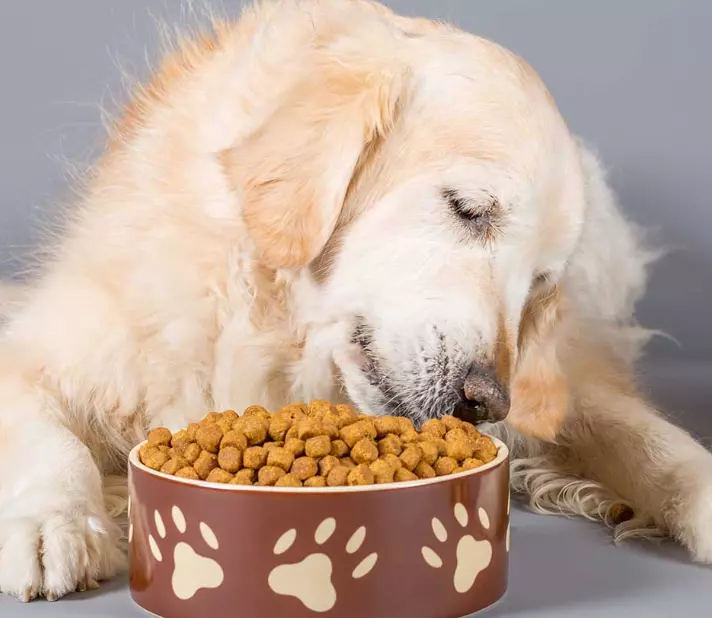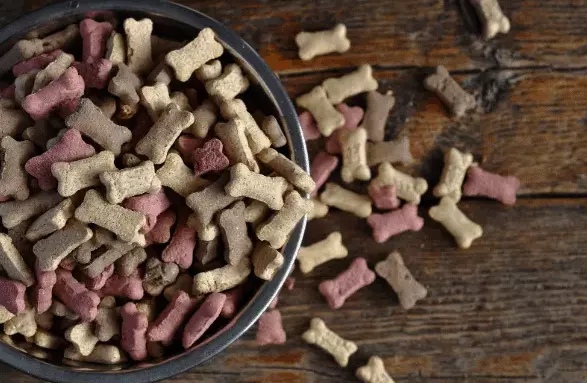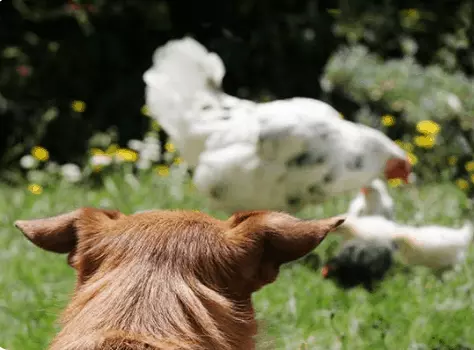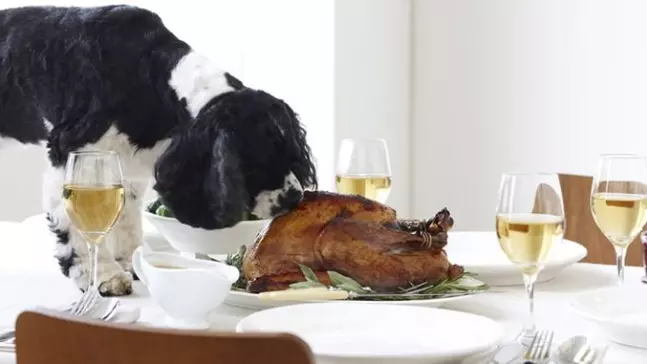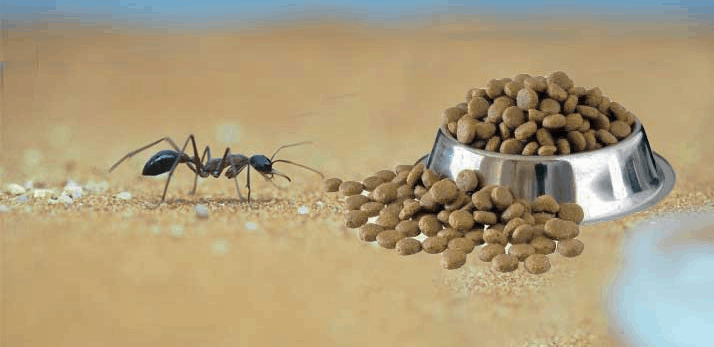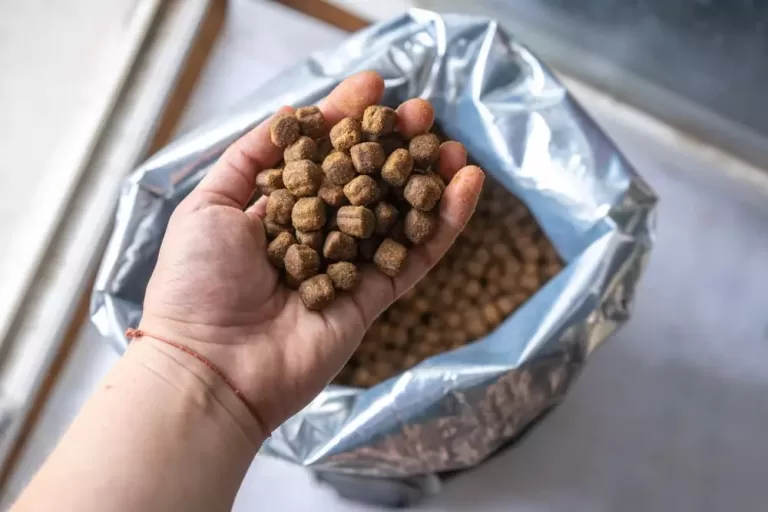Common Golden Retriever Food Allergies
Table of Contents
Many dog owners are completely unaware that their dogs may have food allergies. So, if you are wondering why your dog is so sick, you should take him to the vet. The vet will look at him and give him a blood test to determine whether he has any food allergies.
If you love your Golden Retriever dog so much, you should understand that changing dog foods is the only way to improve his quality of life. If your dog suffers from these allergy symptoms, he needs to be on special hypoallergenic dog food.
In this blog post, I’ll list the most typical symptoms of Common Golden Retriever Food Allergies. I’ll explain why you shouldn’t feed your Golden Retriever such kinds of foods and also provide suggestions if you’re having trouble deciding which dog food is ideal for your Golden Retriever so you can choose what’s greatest for their health.
So, Let’s start reading:
A common sign of food allergies in golden retriever
When the symptoms of food allergies appear, your dog might appear tired, lazy, or just not interested in eating. He may also start urinating more frequently and show signs of having worms, skin allergies, and other health problems.
Your dog may have problems eating for a few typical causes. The first is that your dog might have food allergies. The second is that his digestive system may not be working properly. The third possible cause is that your dog may have a food intolerance. The other symptoms of dog allergy include:
Your dog may vomit after eating. This may indicate that an allergy caused your dog’s response to a typically safe meal.
- Your dog may have diarrhea after eating.
- Your dog might have a runny nose or have snot running out of his nose after eating.
- Your dog may have stomach pain after eating.
- Your dog may seem uninterested in eating after eating.
- Rashes on your dog’s skin.
If you observe any signs that your dog could have a food allergy, speak with your veterinarian. In determining which foods your dog must avoid and if they are allergies for your dog, your veterinarian can help.
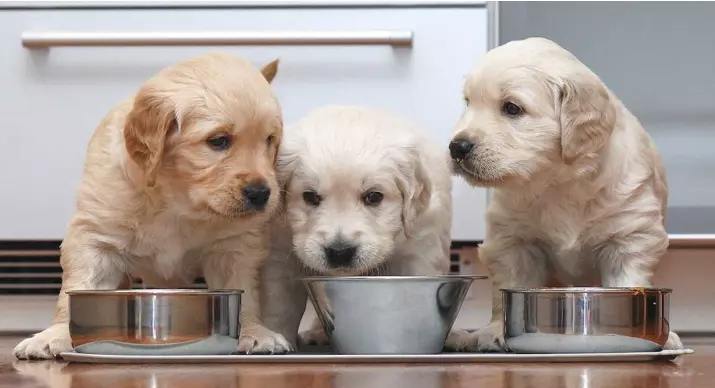
How to diagnose food allergies in Golden retrievers?
The most common form of golden retriever allergy is protein allergy. This type of allergy occurs when a dog’s body identifies certain proteins in a dog’s food as dangerous. These proteins usually come from milk or eggs. This allergy is called an IgE-mediated food allergy. The proteins trigger an allergic reaction in the immune system of your dog.
If the immune system identifies these proteins as dangerous, it creates antibodies against them. Itching and inflammation of the mouth and gut lining tissues are the consequences.
Other symptoms include vomiting and diarrhea with blood and mucus. Allergic reactions can happen anywhere in the body. In dogs, the most common areas affected are the paws, skin, and ears.
A dog’s digestive system may also stop working correctly. The digestive system comprises the small intestine, large intestine, anus, esophagus, and stomach. Digestion occurs in the mouth, where food is digested and nutrients are released.
The meal then travels from the mouth to the stomach via the esophagus. It moves through the stomach, where enzymes break down the food. Then, the partially digested food moves into the small intestine.
After that, it moves through the large intestine, which absorbs water and salts from the food. Once the food has finished moving through all these different areas, it will be expelled from the body as feces.
Some dogs may experience allergic reactions in more than one body part. For instance, some dogs with a peanut allergy may experience anaphylactic shock if they eat peanuts.
When the dog’s immune system attacks the body’s tissues, this occurs. This response causes swelling, itchy skin, redness, hives, wheezing and vomiting. In the case of dogs, the most common reactions occur in the mouth and skin.
Dogs can also experience similar symptoms, including coughing, sneezing, diarrhea, or excessive salivation. When a pet is experiencing an allergic reaction, he may feel ill and want to run away from the situation.
How to Help If You Spot an Allergic Reaction?
If you notice that your dog is experiencing any of the symptoms listed above, please call your veterinary nutritionist. Even if the symptoms seem minor, they could still be serious and need medical attention.
If your dog has food allergies, he should not eat any food with nuts, wheat, dairy, eggs, fish, shellfish, or soy products. It’s crucial to keep your dog from consuming meals that could contain these substances if he has a food allergy.
As a pet owner, you may also avoid feeding your dog the inexpensive dog meals found in pet stores and keep them away from allergies. Your best bet is to buy high-quality dog food.
This way, you know what goes into the food and how it’s made. If you need to feed your dog food with some of the ingredients he has allergies to, try making small changes to the recipe.
For example, if your dog is allergic to wheat, try feeding him a homemade diet that doesn’t have any wheat flour in it. Doing this could make it less likely that your dog would react allergically. Avoid giving your dog any chicken or unprocessed egg meats if he has an allergy to eggs.
It’s crucial to feed your dog a healthy diet. If you are adjusting your dog’s diet, you will want to ensure that it is not too much or too little. It would be best if you only made the needed adjustments to maintain your dog’s overall health and wellness.
Frequently Asked Questions
Is it common for Golden Retrievers to be allergic to chicken?
Although it rarely happens, some Golden Retrievers may have a chicken allergy. There have been a few recorded occurrences but no definitive information. Allergic reactions are rare and often result from ingesting tiny amounts of food. It is best to speak with a veterinary to see what could be causing this if you’ve observed it happening to your dog.
Should Goldens eat grain free?
Yes, goldens should eat grain free. Grain-free foods are healthier and easier to digest. It can also contain fewer fillers, preservatives, and artificial ingredients. Since dogs are carnivores, their food should consist of proteins and carbohydrates only. Avoid diets containing processed meats, bones, and supplements.
Do Golden Retrievers need special food?
Golden Retrievers usually have a diet rich in vegetables and protein, with no junk foods or processed carbohydrates. However, as this varies from dog to dog, pet owners should consult a veterinarian if their pet needs something in particular.
Is rice good for Golden Retriever?
In diarrhea, rice can be beneficial as it helps settle and absorb the stool. In case of constipation, it can help reduce stools produced and increase the time between bowel movements. In diarrhea, rice can be beneficial as it helps settle and absorb the stool. In case of constipation, it can help reduce stools produced and increase the time between bowel movements.
Rice is also good for a Golden Retriever’s teeth and golden retriever’s coat. It strengthens the gums and helps remove plaque buildup. It also helps prevent dry skin and fur, which a poor diet or flea allergies can cause. It can also help reduce your dog’s hair loss when they’re old or have alopecia.
What is the best food for Golden Retrievers?
Golden Retriever owners may struggle to find the perfect food that their dogs eat. However, some experts claim that dry food is the best option. It supports keeping your dog’s digestive system in good shape and shields him from potential allergies.
Are Golden Retrievers picky eaters?
Golden Retrievers are among the most famous breeds of dogs and are generally considered a sweet, gentle, and affectionate breed. However, they are not that selective when it comes to their diet. A healthy golden retriever needs plenty of protein, carbohydrates, vitamins, minerals, and other nutritional elements to thrive.
Do Golden Retrievers need large breed food?
Golden Retrievers are large dogs and should be fed large meals for proper weight gain. They also require plenty of vitamins and nutrients to grow healthy. So, feeding them small-sized meals may lead to health issues later. Hence, you should feed them big meals and supplement them with smaller meals to ensure good nutrition.
What human foods can Golden Retrievers eat?
Golden Retrievers can eat practically anything, provided it’s healthy and low in fat. Their main dietary need is calcium, which they derive from bones, eggshells, and milk products. A diet rich in protein, carbohydrates, and vegetables also helps. They don’t usually need much water.
Conclusion
Golden retrievers are known for their friendly and cheerful nature, but you might also find one with food allergies.
Wheat, dairy, soy, egg, maize, citrus, mushrooms, shellfish, chocolate, nuts, wheat, and fish are dogs’ most typical food allergens. Reading the label of the product you are giving your dog is the greatest approach to preventing food allergies in Golden Retrievers.
It is crucial to see your veterinarian if you discover that your Golden Retriever has a problem with any particular meal. Your veterinarian will examine your canine, who will then suggest the prescription food.
Any item that your dog dislikes should use in moderation. After consuming allergen-free food ingredients, your dog’s allergies and bacterial infections are reduced.
If you have any other questions related to Golden retriever food allergy, please leave us a comment below.
- 1xbet официального Сайт Казино Игровыми Автоматами 1хбет - April 17, 2024
- Бездепозитные Бонусы За Регистрацию и Онлайн Казино 202 - April 9, 2024
- Yeni Deneme Bonusu Veren On Line Casino Siteler - January 31, 2024
